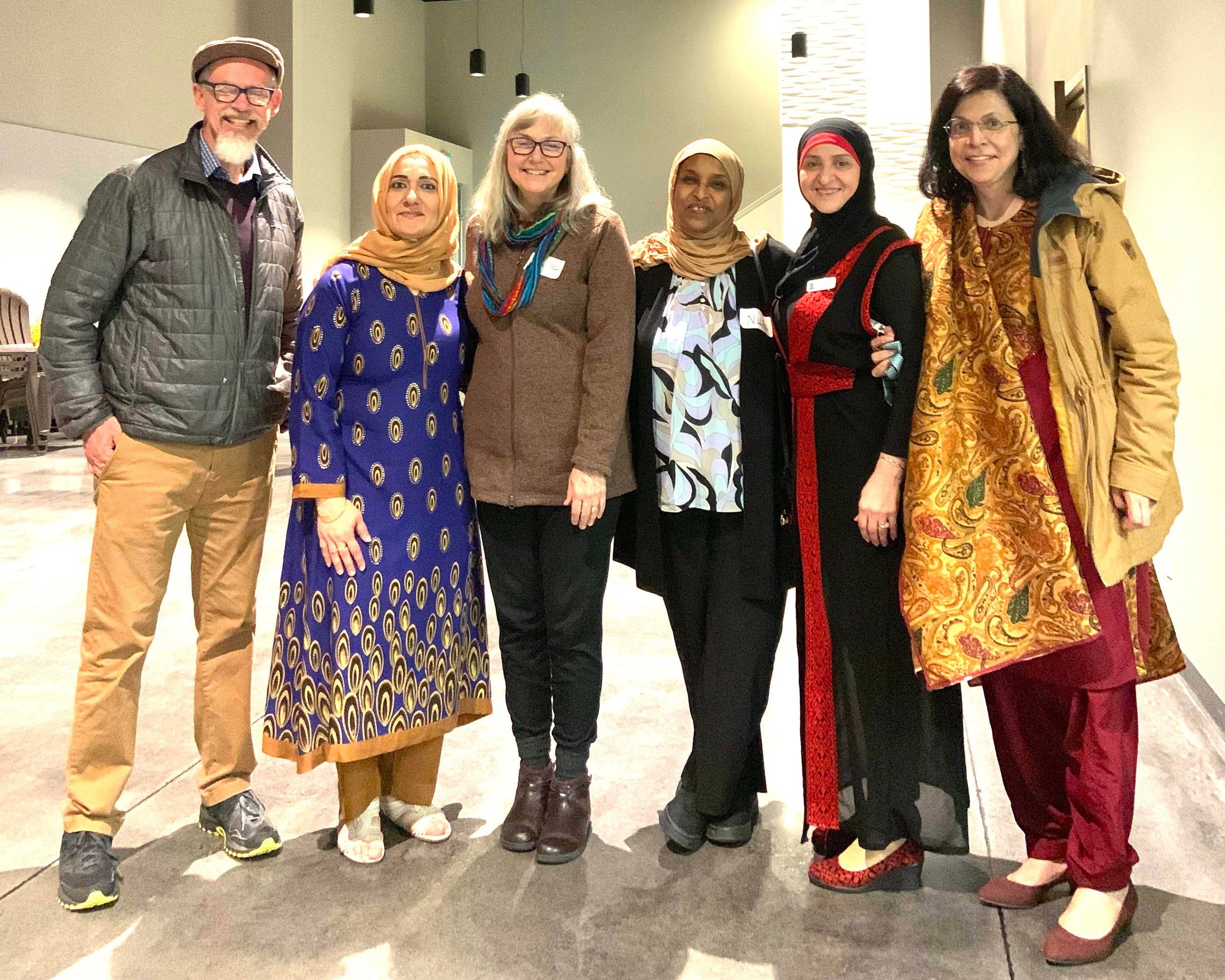Do You Have a Bible-Sized View of Peace? The Peace Gap in Evangelical Churches
by Rick Love
I recently attended a conference at the Naval War College in Rhode Island on “Religion and Security in World Affairs.” I loved the lectures and the lively interaction. Yet something deeper was being stirred in me. I couldn’t pinpoint what it was until I recalled Martin Luther King Jr.’s statement, “Those who love peace must learn to organize as effectively as those who love war.”
Oh how I wish followers of Jesus were as organized for the sake of peace as the U.S. military is for the sake of war! Klyne Snodgrass, in his commentary on Ephesians, suggests a practical way Jesus’ followers can organize for peace:
The church is a peace institute…. Numerous schools for war exist, and both amateurs and scholars study wars. Few people study peace. The church should be a place where people study and practice peace. (Ephesians, NIV Application Commentary [Grand Rapids: Zondervan, 1996], pp. 153-54).
I don’t know how many pastors and Christian leaders think the church should be a peace institute, but most believe that peacemaking should play some significant role in the church.
My friend Steve Norman did a survey about peacemaking for his doctoral studies.
He notes, “I recently conducted a research project that collected data from 15 pastors in personal interviews and 297 pastors through an online survey. Their feedback on this issue was almost unanimous: “Yes, I affirm the theory of peacemaking as a biblical value. No, it’s not something our church is currently doing. Honestly, we’d have no idea where to start if we wanted to” (see Pastors and the Peacemaking Paradox).
There seems to be a peace-gap between what pastors say they believe and the practice of peacemaking in most churches. So where does a pastor or Christian leader start? Here are five fundamental peacemaking practices that outline a Bible-sized view of peace:
1. We are called to peacemaking without borders. Biblical peacemaking is comprehensive in scope. “If possible, so far as it depends on you, live at peace with everyone” (Rom 12:18; see also Heb 12:14). That’s right, everyone: Democrats, Republicans, Muslims, homosexuals, and atheists.
2. We are called to start with the heart. We begin conflict resolution by dealing with our own issues. “First take the log out of your own eye” (Mt 7:5). Peacemaking conversations start with confession and humility.
3. We are called to make every effort. Conflict resolution is hard work. We lose heart and want to give up. But God commands us to proactively and persistently pursue peace. “Make every effort to do what leads to peace” (Rom 14:19; see also Eph 4:3; Heb 12:14).
4. We are called to share the gospel of peace. The good news is an announcement. The God of peace sent the prince of peace to bring about a world of peace through the life, death, and resurrection of Jesus (Acts 10:34-43; Eph 2:13-17). And the scope of this gospel of peace is breathtaking—the reconciliation of all things (Col 1:20)!
5. We are called to seek the peace of the city. “Seek the peace of the city where I have sent you into exile, and pray to the LORD on its behalf; for in its peace you will have peace” (Jer 29:7). The word translated as “peace” in this passage is the Hebrew term shalom, which refers to human flourishing in all dimensions of life. Shalom-makers seek the common good of their communities, pursue racial reconciliation and harmony between different religious communities, and work to alleviate poverty.
Do you have a Bible-sized view of peace? Do you want to fill the “peace gap” in your church or organization?
To learn more about how you can organize for peace, check out Peace Catalysts: Resolving Conflict in Our Families, Organizations and Communities.
For more in video format on Jesus's comprehensive peace plan, watch this video. .










